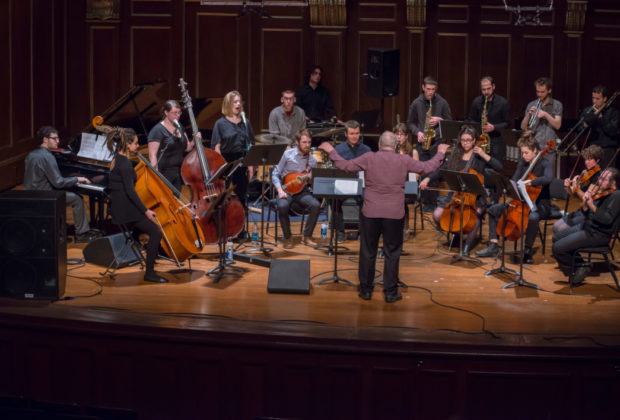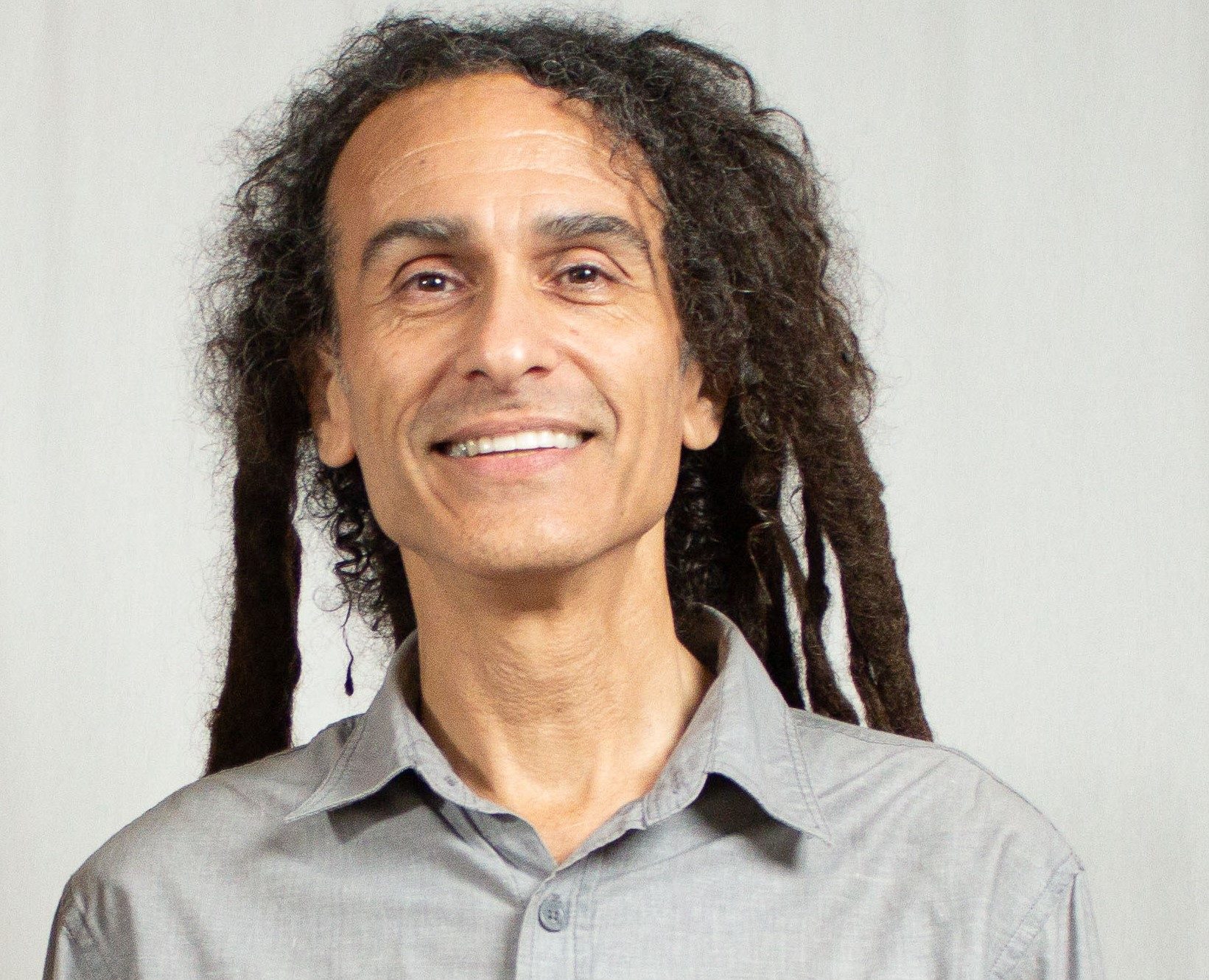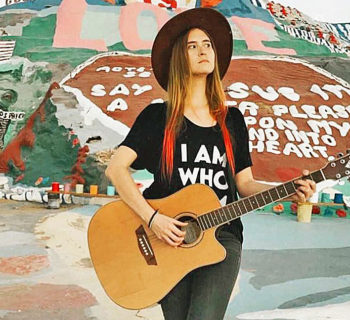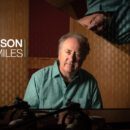necmusic.edu/contemporary-musical-arts
History and Boundary Breaking Innovation: Founded in 1867, the New England Conservatory in Boston is the oldest independent conservatory in the U.S. and the only music school designated as a National Historic Landmark. One of the institution’s most dynamic and innovative crown jewels is its transformative Contemporary Musical Arts program, whose emphasis on ear training, technique, conceptual ideas, interdisciplinary collaboration and a wide range of improvisational traditions uniquely positions it to produce the complete 21st Century musician. Created under the name “Third Stream” by Gunther Schuller and Ran Blake, the CMA program is celebrating its 50th anniversary this year with concerts, residencies and conservatory wide collaborations during the 2022-23 season.
Eclectic Array of Musicians: Over the decades, it has launched and expanded the careers of artists from a multitude of genres—a Japanese koto player, a flamenco guitarist, singer-songwriters, klezmer musicians, world, jazz, folk, new music and rock musicians, artists specializing in Persian music and Latin jazz, an Arabic music scholar, a Tango vocalist and more.
Diverse Ensembles and Workshops: As Grammy-winning singer-songwriter Sarah Jarosz has noted, the department “pushed me out of my musical comfort zone. There are no musical lines or boundaries that can’t be crossed. It is that adventurous spirit that makes the programming so unique and compelling.” The Boston Globe calls it “a forward looking cabal within this classical conservatory…a thriving hub of musical exploration.”
Currently, the department offers ensembles and courses that focus on African American Roots, Songwriting, Jewish Music, Interdisciplinary Collaboration (drawing on poetry, painting and dance for inspiration), World Music, 21st Century Repertoire, American Roots Music, Film Noir, John Zorn’s game pieces (including “Cobra” and “Hockey”), Indian Modal Improvisation, Persian and Middle Eastern music, music and ecology, music and spirituality, and composition and improvisation.
What Makes CMA Unique: The program is unparalleled for its emphasis on aural learning and development of personal style, with a structured approach to ear training involving singing, memorization, harmonic sophistication, aesthetic integrity, and stylistic openness. Renowned international violinist and vocalist Eden MacAdam-Somer, who serves as department Co-chair with Klezmer Conservatory Band founder Hankus Netsky, says, “What sets us apart is the opportunity to develop one’s personal voice through exposure to many different kinds of music, combined with a rigorous approach to aural learning, independence and creativity. The first step in any area is listening, then singing or playing back what you’ve heard, assimilating that into one’s own voice, repeating that process, re-examining it, and drawing on it respectfully in your own creative work. The point is that students develop a deep respect for and absorb the skills, sounds, and structure of many kinds of music which enriches their own work and, hopefully, their whole selves.”
Contact NEC Contemporary Musical Arts Program, 617-585-1388













